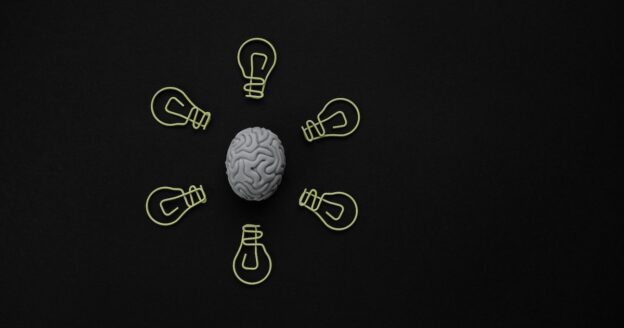Neurofeedback is a type of therapy offered at Awakenings Treatment Center. We’ve seen great results from neurofeedback, including easier relaxation and better self-control. The research surrounding neurofeedback is ongoing, even though this technique is not new. And while it may not be a cure-all for all your problems, it can certainly support your recovery from anxiety, depression and other mental health disorders.
If a doctor has recommended neurofeedback for your treatment plan, or you’ve heard about it and want to learn more, you’ve come to the right place! Below is everything you need to know about neurofeedback and how it can benefit your recovery.
What is Neurofeedback Therapy, Exactly?
Neurofeedback, otherwise known as EEG feedback, is a type of therapy that aims to change the way the brain responds to certain stimuli. It uses technological devices to collect information about the brain through brainwave readings. A person trained in neurofeedback will collect this information and decipher it accordingly.
Neurofeedback is safe and non-invasive. It requires a monitoring device, electronic sensors, and software that can read the brainwave data. An expert will then determine which neurological pathways are abnormal. Based on this data, you will work on restoring normal pathways in the brain, such as ‘games’ that require you to exercise more control over your brain.
Neurofeedback treats a variety of conditions, such as anxiety, depression, insomnia, movement disorders, PTSD and substance use. It’s effective because it shows where in the brain a person is experiencing dysregulation and dysfunction. Therefore, they can bring these areas to a healthy state and improve their functioning.
How Many Sessions Will I Need?
Neurofeedback helps get the brain back in a healthy place. For the fastest progress, you’ll likely need neurofeedback sessions at least twice a week. Plan for around 30 to 40 sessions, as your brain needs time to establish new behavior patterns. Once these new behaviors are learned, you do not need further sessions.
Better yet, most people enjoy their neurofeedback sessions! They get to sit back and watch their favorite TV show or movie while their brainwave activity is collected and analyzed. Based on your state, the media will fluctuate in brightness and sound, so your brain might have times when it has to work harder.
Are There Any Side Effects to Neurofeedback?
Most neurofeedback patients experience little or no effects from the sessions. Many find them relaxing and calming, and some experience a surge in energy. And once you get better at controlling your brain and calming yourself down, the sessions will become even easier!
We do recommend getting plenty of rest before your session, as well as eating a healthy meal and drinking water. This will help you get the most out of your session. It is possible to experience headaches or dizziness after a session, though this is rare.
Am I A Good Candidate for Neurofeedback Therapy?
Many people are good candidates for neurofeedback therapy, including those with ADHD, autism, depression, anxiety or substance use problems. By collecting your brainwave activity, you can determine if your brainwaves are healthy or not.
If there are areas on your brain map that are not healthy, your therapist will use neurofeedback to train and change them. The key is finding which brainwaves are out of balance, and then putting together a fun training program that meets your needs.
We highly recommend neurofeedback therapy for many of the clients who come to Awakenings Treatment Center. It is used alongside other treatments, such as talk therapy, medication and holistic care. Contact our admissions team to learn more about neurofeedback therapy and how it can support your recovery!










